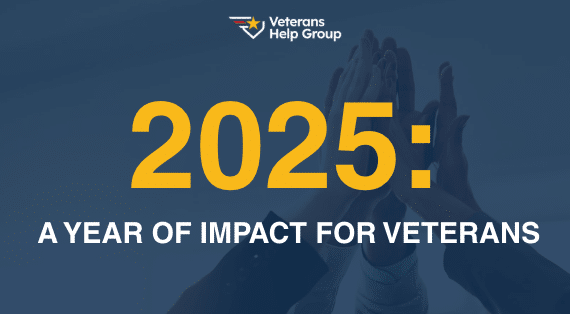Table Of Contents
The Department of Veterans Affairs is teaming up with the Department of Defense to offer Women’s Health Transition Training (WHTT) for female service members who are transitioning to civilian life.
The voluntary training program is in addition to the normal Transition Assistance Program (TAP) that all separating military members are required to attend, and is not a substitute for TAP training. This training is only available to female service members and will be led by a woman veteran who actually uses VA health care.
The training began as a pilot program in 2018 in response to reports that female veterans were not using their VA benefits as much as male veterans did, mainly because they didn’t know what programs were available to them. Due to the great success of the pilot program, a joint VA/DoD Executive Committee voted to make this program a permanent offering by the VA.
Due to the COVID-19 outbreak, this year’s remaining training sessions will be offered online only. Sessions will be held twice daily through Dec. 21, 2020. All women are encouraged to attend to learn more about the special benefits for which they may be eligible.
Some of the subjects that will be discussed in WHTT include:
- Female-specific health care including reproductive services, maternity care, mental health services, newborn care, and gynecological care and musculoskeletal care.
- Resources available for servicewomen during the military to the civilian transition process.
- Special programs available through the VA for women veterans.
- Services available through the Center for Women Veterans
According to the VA, a great number of women veterans do not apply for healthcare and other benefits they may be eligible for due to a lack of knowledge of these programs. In fact, since the WHTT program began as a pilot in 2018, women who attended the training sessions applied for VA benefits at a rate 114% higher than in previous years, and they did so quicker,
The VA says that women veterans have a higher prevalence of chronic pain, obesity, musculoskeletal issues and depression than their male counterparts. Further, since 2001, rates of suicide among women veterans have increased by 85.2%, versus 30.5% among men among the youngest age groups.
Women veterans with a mental health diagnosis who do seek VA care often do it later than their male counterparts. VA hopes this new training will let women veterans know what benefits they have available to them and to enroll for care and other benefits as soon as possible.
The program is intended to complement TAP and to provide all servicewomen with specific women’s health information that will aid their transition to civilian life. The goal of the program is that participants leave the course feeling empowered to proactively manage their health care and to be comforted by their new support system at VA who can guide them through the military transition process and help them.
There will be two four-hour-long sessions daily Monday through Friday through Dec. 21. Sessions will be held at various times to allow those stationed across the globe to attend at a convenient hour.

A Year of Service and Community Engagement – Veterans Help Group
A Year of Service and Community Engagement - Veterans Help Group It has been a busy year at...

Permanent and Total VA Disability Ratings for PTSD
Permanent and Total VA Disability Ratings for PTSD What is Post Traumatic Stress Disorder (PTSD)?...

2026 v 2025 VA Disability Rates and Payment Schedule
2026 v 2025 VA Disability Rates and Payment Schedule As of December 1, 2025, new VA disability...





